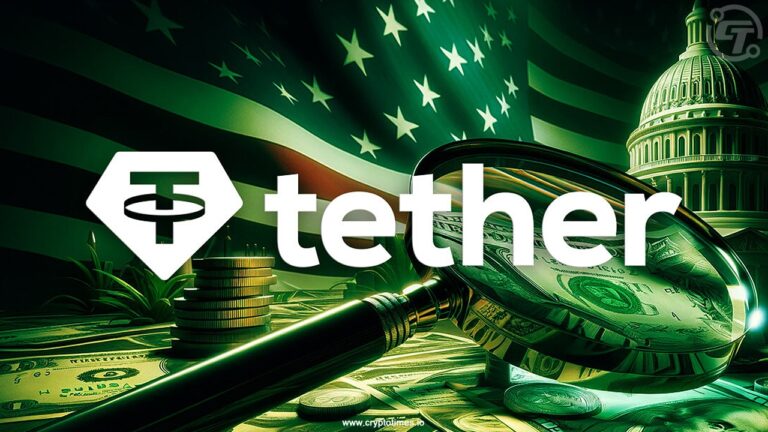The US government is investigating Tether, the world’s largest stablecoin, over concerns that it may once again be involved in illegal activities. This is not the first time Tether has been at loggerheads with the U.S. government; this is the 19th time.
On Friday, the Wall Street Journal reported that top officials at the Manhattan U.S. Attorney’s Office are investigating whether Tether is being used by others to fund illegal activities. Tether, which operates under the ticker USDT, is known for its anonymity and resistance to chargebacks, making it attractive for illicit purposes.
Tether’s legal troubles began in 2012 with a lawsuit against Bitcoin Inca, a company related to Tether’s sister company Bitfinex. Over the years, various government investigations have scrutinized Tether, including:
2015: Bitfinex admits to a Commodity Futures Trading Commission (CFTC) investigation, but USDT has a market capitalization of $451,000. 2016: Bitfinex settles CFTC claims for illegal trading of USDT market capitalization of $2.9 million. 2017: Tether admits it does not have bank accounts with more than $61.5 million in cash, giving it a market capitalization of $418 million. 2018: The Department of Justice and CFTC begin an investigation into Bitcoin price manipulation related to USDT, which has seen its market capitalization soar to $2.5 billion. 2021: Tether pays $41 million fine for misleading claims about reserves, market cap rises to $70 billion. 2022: Federal prosecutors in Boston seize 73,586 USDT related to criminal activity, with a market capitalization of $66 billion. 2023: Tether complies with requests from the Department of Justice and other agencies as its market capitalization reaches $90.8 billion. 2024: The latest investigation by the Manhattan Federal Attorney’s Office finds that USDT’s market capitalization has soared to $120 billion.
Despite the unresolved questions surrounding Tether, it has continued to grow, especially since USDC temporarily lost its $1 peg in March 2023. Despite the announcement of new stablecoins by companies like PayPal, Tether is gaining ground thanks to support from Cantor Fitzgerald, led by Trump advisor Howard Lutnick.
“There is no indication that Tether is under investigation,” Tether CEO Paolo Ardoino posted on X after the news broke. “WSJ is regurgitating old noise. Full stop.”
However, news of an investigation into Tether’s business raises concerns, reflecting past fallout such as the collapse of FTX. Tether’s role in cryptocurrencies is even bigger, as its stablecoin powers much of the industry. The potential charges could parallel those against Binance for money laundering and sanctions violations.
Also read: Hackers return $19 million after breach of US government cryptocurrency wallet


